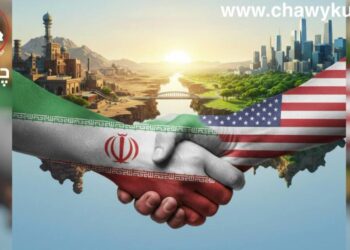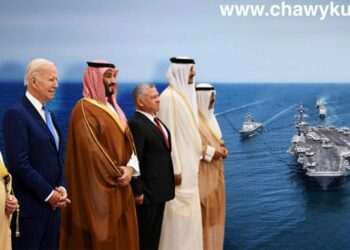On January 13, Sergei Ryabkov Russian Deputy Foreign Minister refused to confirm or reject possibility of deploying Russian military infrastructure in countries outside of Europe, such as Cuba or Venezuela. At the same time, Dmitry Peskov, Russian presidential spokesman commented on this statement by saying “Russia is considering how to ensure its security in the context of current situation.” These sequences statements by Russian officials led to many questions about Moscow’s motives for taking this step, as well as possible effects on influences of the United States and its national security in Western Hemisphere.
Many motives
Indirect threat of Russian to the possibility of deploying its military forces in Venezuela and Cuba by senior officials at this sensitive time, which was followed by a phone call between Russian President Vladimir Putin and Venezuelan counterpart Nicolas Maduro on January 21, focused on strengthening bilateral cooperation in various strategic fields, by demonstrating on some factors, including:
1. Strengthen mutual reactions: Russian threat to deploy military forces in Venezuela and Cuba at this particular time cannot be seen without advancing Russian-American tensions.
2. Achieving national interests: Moscow’s endeavors to enhance its military presence in the Western Hemisphere related to geopolitics due to geostrategic importance of Latin American region because of its geographical nearness to the United States. Not only this, but also centrality of region’s place has crucial roles in the context of the Russian foreign policy agenda.Therefore, it is necessary to view Russia’s threats of military deployment in Latin America, including opening new markets for its products and goods and achieving economic gains from its arms sales to Latin American countries.
3. Forming an anti-US alliance: Recently, Moscow’s efforts have seen to take advantage from US political changes that led to tensions in its relations with some countries in the region. Russia worked to support lefts candidates who were anti-Washington in elections in Latin America. Meanwhile, Russia tries to expand its trade and investment with the region.
A possible military deployment of Russia in some Latin American countries would become an additional impetus for the efforts of some rival powers of the United States, which aimed at undermining its influence in the Western Hemisphere, namely China and Iran. Because previous years have witnessed great coordination between the three countries regarding crisis of Venezuela and US sanctions on some countries governments in the region. These countries have rejected US interventions in internal affairs of Latin American countries.





























































